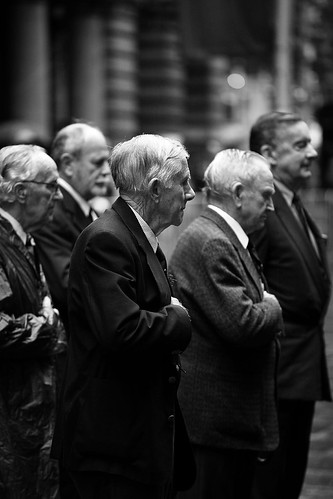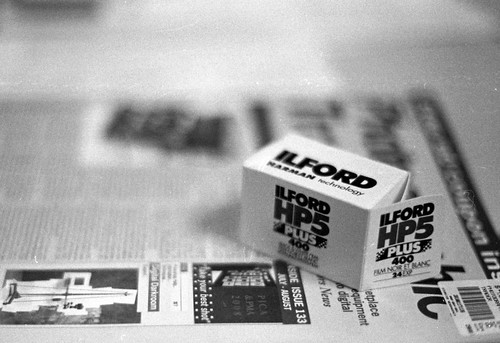We all know them. People with the latest and greatest gear. Actually, I am probably one of them myself, although, I don’t suffer from this affliction like I used to. There was a time when I wanted all the fastest lenses and best camera available. I thought better gear would mean better images. Well, it does, if you know how to get the most from the superior equipment. But what if you don’t. I can remember reading about fast lenses when it was all new to me. I had to have one. I didn’t have a clue what it meant, I just wanted fast glass. This was a time before I understood what an aperture was and what it did. These days I unerstand and appreciate just what fast glass is, but, does it make for a better photograph? Well, yes and no. I have taken so quite good shots on my old 300D and kit lens. And I can assure you I have taken some shocking photos with my 5D and L series lenses.
So, why, if you are able to take acceptable photos with lesser gear, do we go out and spend our last dollar on the lastest gear. Well, the better gear does make it easier to get that good shot. Take viewfinders for example. On the 300D, I used to struggle to see unless I was out in dalylight. There were 2 reasons to this. First, I had slow kit lenses on the camera. You can only get so much light passing through a f/5.6 lens. The second reason was the viewfinder seemed tiny. When I got the 5D, the biggest change from the 30D was the viewfinder. It seemed enormous. So with a larger viewfinder, and say a f/2.8 lens, suddenly, I felt like I had night vision. Obviously, being able to see the subject you are trying to photograph, will help you take a better photo.
So, I can see the subject better with a better camera, that doesn’t mean I will take a better photo. I can still manage to stuff it up. What else can help? Image stabilisation? Fast frames per second? USM focussing lenses? Live View, which rules out a viewfinder altogether? Well they may help, but even all those things combined, wont mean better images. You could place me in front of the best lathe in the world, with the finest timber available, a skilled trademan by my side, and I doubt I could turn a high quality candle holder to save my life. In much the same way as some really talented people are using rubbish cameras to turn out amazing photos, the skilled tradesman could probably make a superior product with a wobbly lathe and some drift wood.
Candleholder?
So, does all this mean that the gear whores out there take rubbish photos? Hardly. There are plenty of people with loads of talent that are gear whores. Just like there are plenty of people with little or no talent who have all the latest and greatest gear. I suppose todays lesson is this. Buying the best gear won’t mean instant awesome photos. Learning to use your camera to its fullest will not only be more rewarding, but stand you in good stead when you want to mortgage the house for that Nikon D3x.











